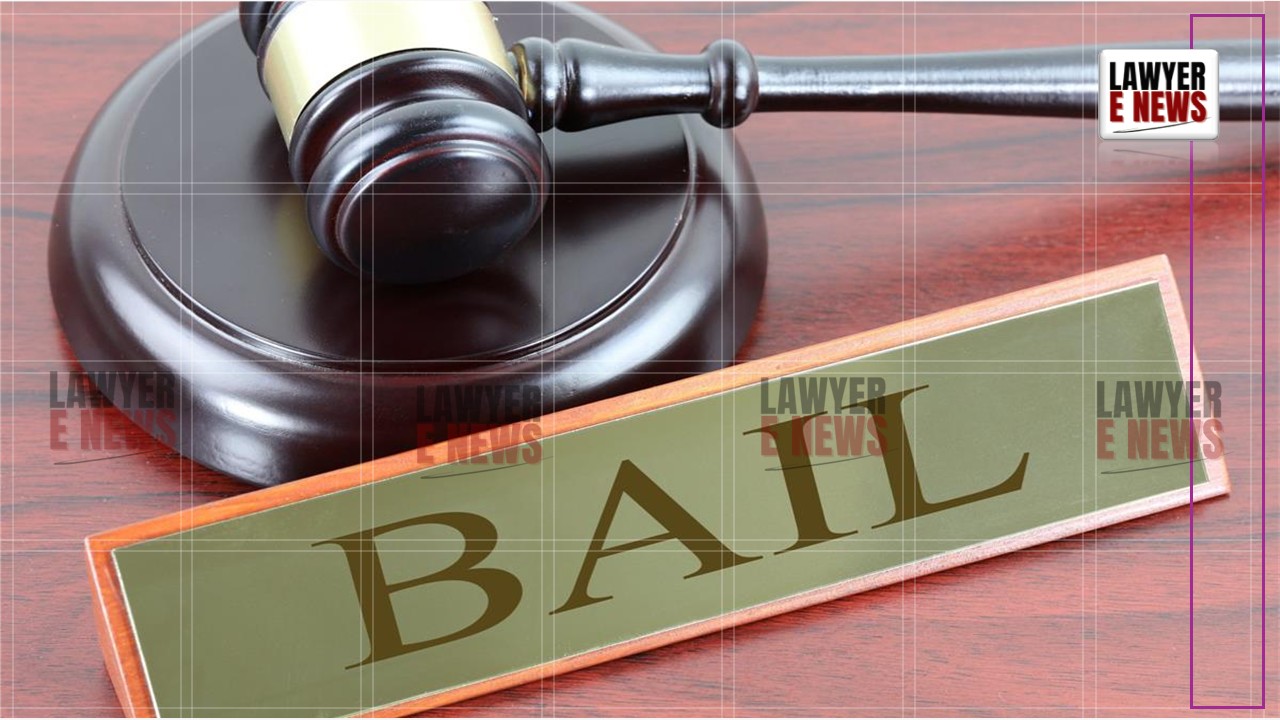-
by sayum
14 February 2026 2:22 PM



Quashing of Predicate Offenses Eliminates Basis for PMLA Prosecution - In a notable judgment Punjab and Haryana High Court granted bail to the petitioner, a former minister, accused of laundering proceeds of crime under the Prevention of Money Laundering Act, 2002 (PMLA). The petitioner had been arrested in connection with alleged corruption under the Punjab Foodgrains Labour and Cartage Policy 2020-21. Justice Mahabir Singh Sindhu allowed the petition, citing the quashing of predicate offenses as the primary reason for granting bail.
The Court held: "With the predicate offenses quashed, the foundation of the PMLA complaint collapses, making further incarceration of the petitioner unwarranted."
The Enforcement Directorate (E.D.) initiated proceedings against the petitioner based on two FIRs alleging corruption and conspiracy linked to the Punjab Foodgrains Labour and Cartage Policy 2020-21. The petitioner was accused of amending the policy to favor certain contractors, thereby causing losses to the public exchequer and generating "proceeds of crime" that were allegedly laundered.
FIR No. 11: Registered on August 16, 2022, at Police Station Vigilance Bureau, Ludhiana.
FIR No. 18: Registered on September 22, 2022, at Police Station Vigilance Bureau, Jalandhar.
The petitioner was arrested by the E.D. on August 1, 2024, and placed in custody after being summoned under Section 50 of the PMLA. During the investigation, the E.D. alleged that the petitioner acquired immovable properties and gold worth crores of rupees, laundered through relatives and shell entities.
The petitioner moved the High Court seeking bail under Section 483 of the Bharatiya Nagarik Suraksha Sanhita, 2023 (BNSS), following the quashing of the predicate offenses by the same Court on December 20, 2024.
The High Court had quashed both FIR No. 11 and FIR No. 18, which formed the basis for the PMLA prosecution. Since the PMLA proceedings depend on the existence of a "scheduled offense" under Section 2(y) of the Act, the Court ruled that the absence of predicate offenses invalidates the E.D.’s case. The Court remarked:
"Once the predicate offenses are quashed, the foundation of the complaint under the PMLA ceases to exist. Continuing prosecution under the PMLA would be legally unsustainable."
The Court reiterated that the Punjab Foodgrains Labour and Cartage Policy 2020-21, which was central to the allegations, had already been judicially reviewed and upheld by Division Benches in CWP No. 10707 of 2020 and CWP No. 10656 of 2020. The Court found no arbitrariness or malafide intent in the policy amendments.
The petitioner argued that his arrest violated Section 19 of the PMLA, as he was summoned as a witness but arrested on the same day without proper compliance. The Court criticized the E.D. for overstepping its jurisdiction by investigating beyond the scope of the PMLA and failing to conclusively establish the tainted source of the alleged proceeds of crime.
The petitioner had been in custody since August 1, 2024, and the investigation was complete. Charges had yet to be considered by the Special Court. The High Court emphasized that further detention would serve no purpose, especially after the quashing of predicate offenses.
The E.D. alleged that the petitioner concealed proceeds of crime amounting to ₹4.69 crore in immovable properties and ₹2.12 crore in gold through relatives and shell companies. The Court, however, observed that the E.D. had failed to substantiate these allegations with sufficient evidence and relied on speculative claims.
The High Court granted bail to the petitioner, directing his release upon furnishing bail and surety bonds to the satisfaction of the Special Court/Duty Magistrate. Justice Sindhu concluded:
"The quashing of predicate offenses eliminates the basis for PMLA proceedings. Further incarceration of the petitioner would serve no purpose, as the allegations remain unsubstantiated."
The Court clarified that its observations were limited to the bail petition and would not prejudice the trial's outcome.
This judgment underscores the dependence of PMLA prosecutions on the existence of predicate offenses and reinforces the procedural safeguards under the Act. By granting bail to the petitioner, the Court highlighted the need to prevent prolonged detention when the legal foundation of the case has been nullified.
Date of Decision: December 20, 2024
